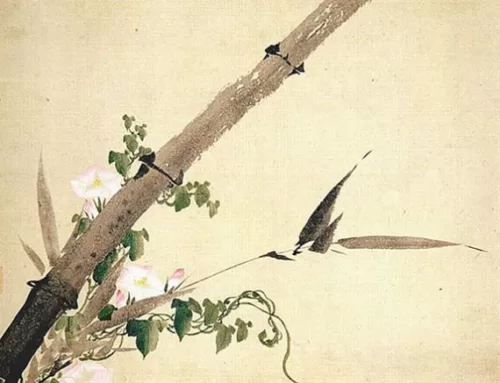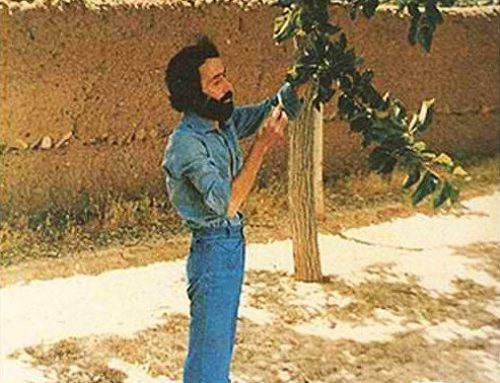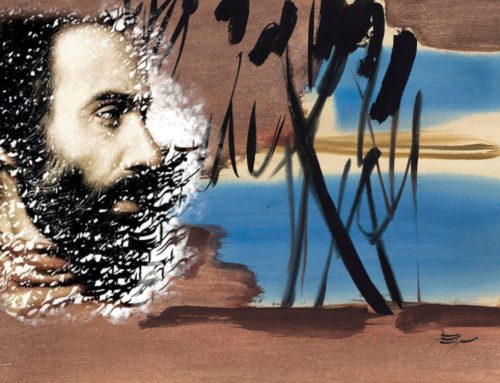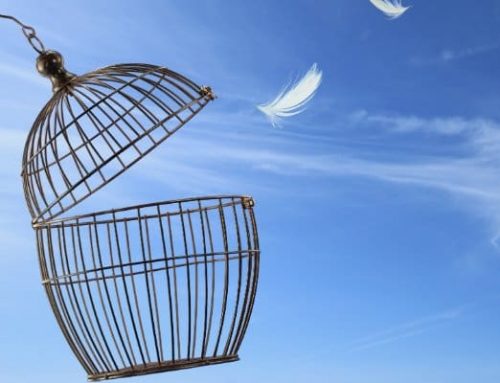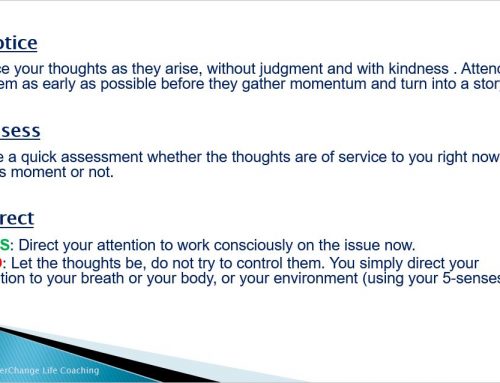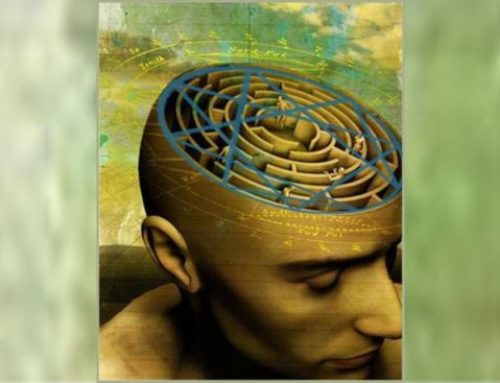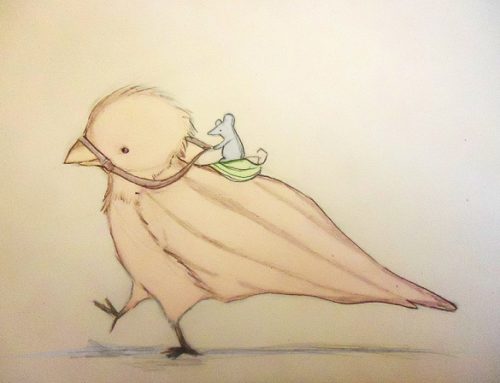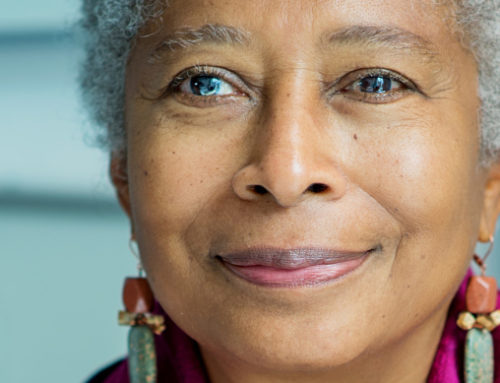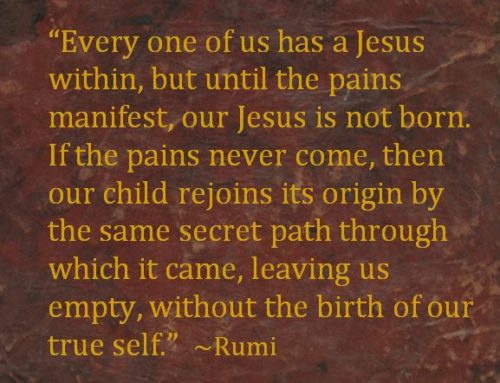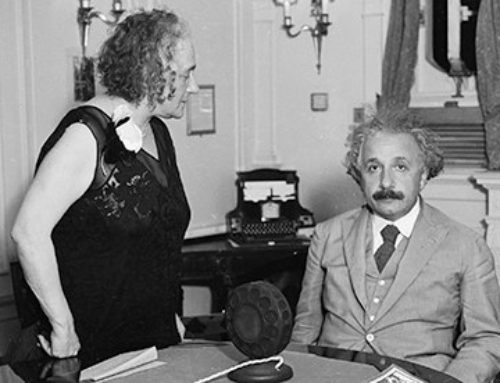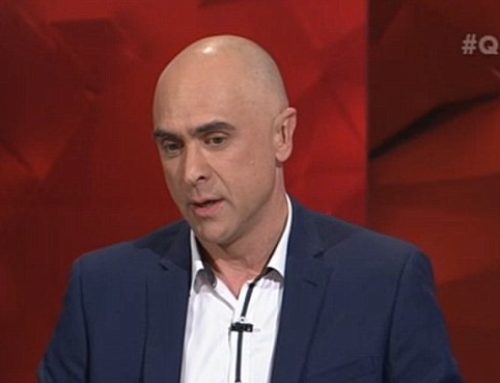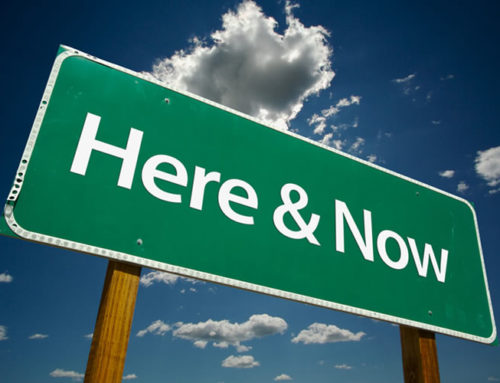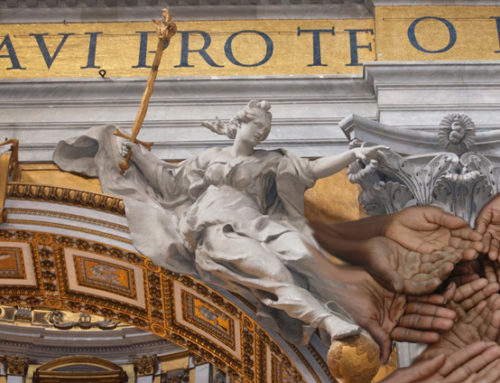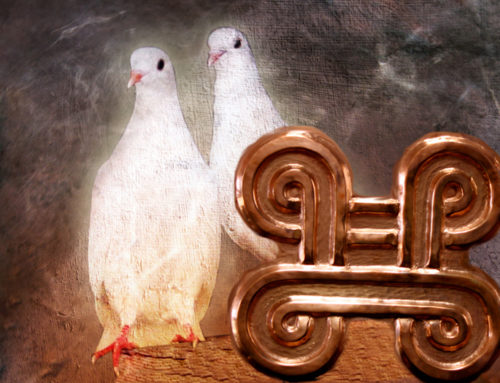“This society would fall apart if not for another economy, one in which gifts surpass expectations, in which insufficiency is acknowledged and dependence celebrated.”

I enjoyed reading this op-ed by David Brooks in New York Times about gratitude and felt like sharing it with you here. It reminded me of a dear Sufi friend of mine who is the embodiment of the kind of gratitude that David Brooks writes about. My friend’s expressing gratitude for the simplest things in life is so genuine, refreshing and innocent that it always brings a smile to my face and opens my heart.
Back to the article, I should admit that in the past I didn’t have much of a favourable view of David Brooks’s political views as he was mostly a conservative “right wing” commentator to me. But lately I have seen his deeper side which comes across as a genuine, caring and wise transformed soul and a real human being with a realistic view of today’s world issues along with potential solutions rooted in Timeless Universal Wisdom.
You can read his wonderful op-ed here: The Structure of Gratitude
We live in a capitalist meritocracy that encourages individualism and utilitarianism, ambition and pride. But this society would fall apart if not for another economy, one in which gifts surpass expectations, in which insufficiency is acknowledged and dependence celebrated.
The basic logic of the capitalist meritocracy is that you get what you pay for, that you earn what you deserve. But people with dispositional gratitude are continually struck by the fact that they are given far more than they pay for — and are much richer than they deserve.
Gratitude is the ability to see and appreciate this other almost magical economy. G. K. Chesterton wrote that “thanks are the highest form of thought, and that gratitude is happiness doubled by wonder.”
People with grateful dispositions see their efforts grandly but not themselves. Life doesn’t surpass their dreams but it nicely surpasses their expectations.
Thank you!

